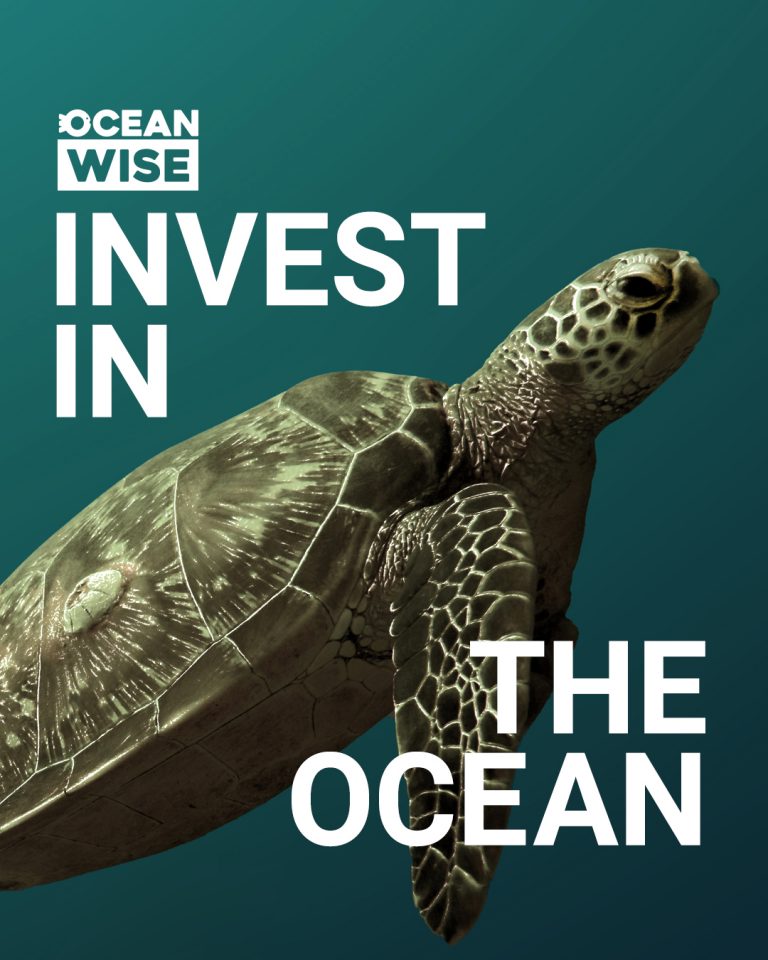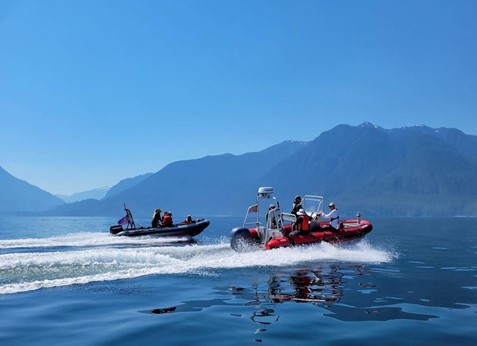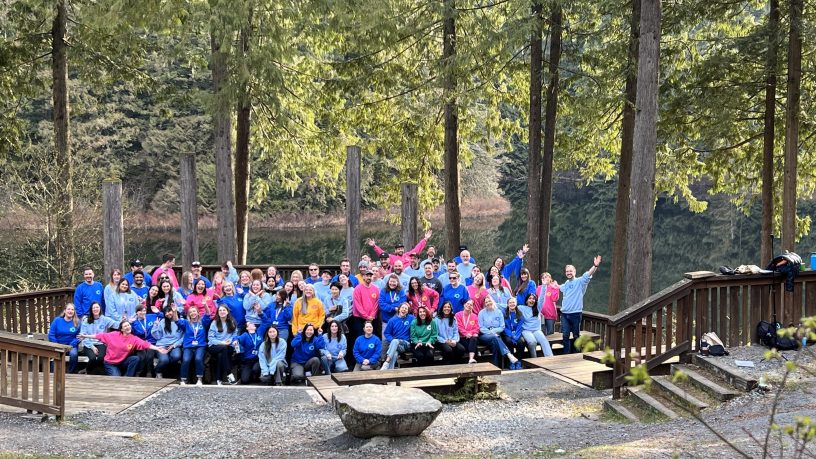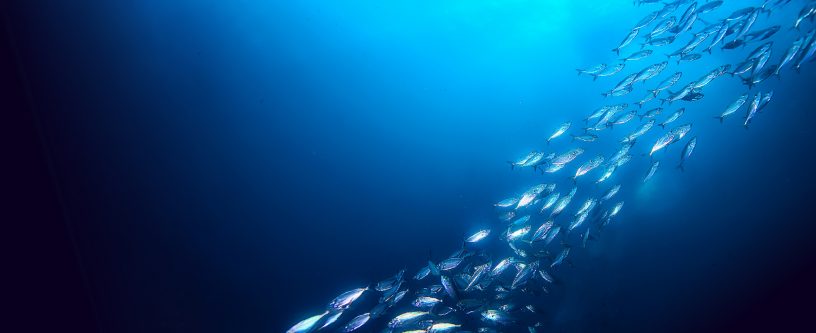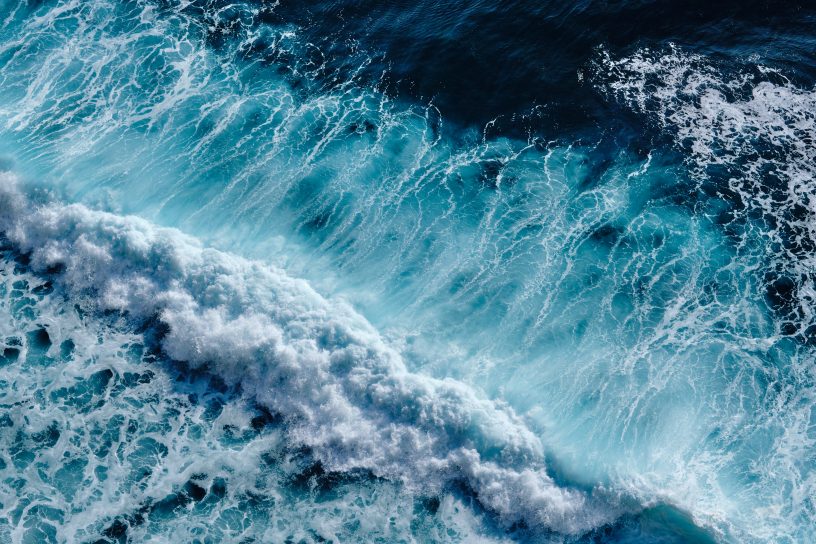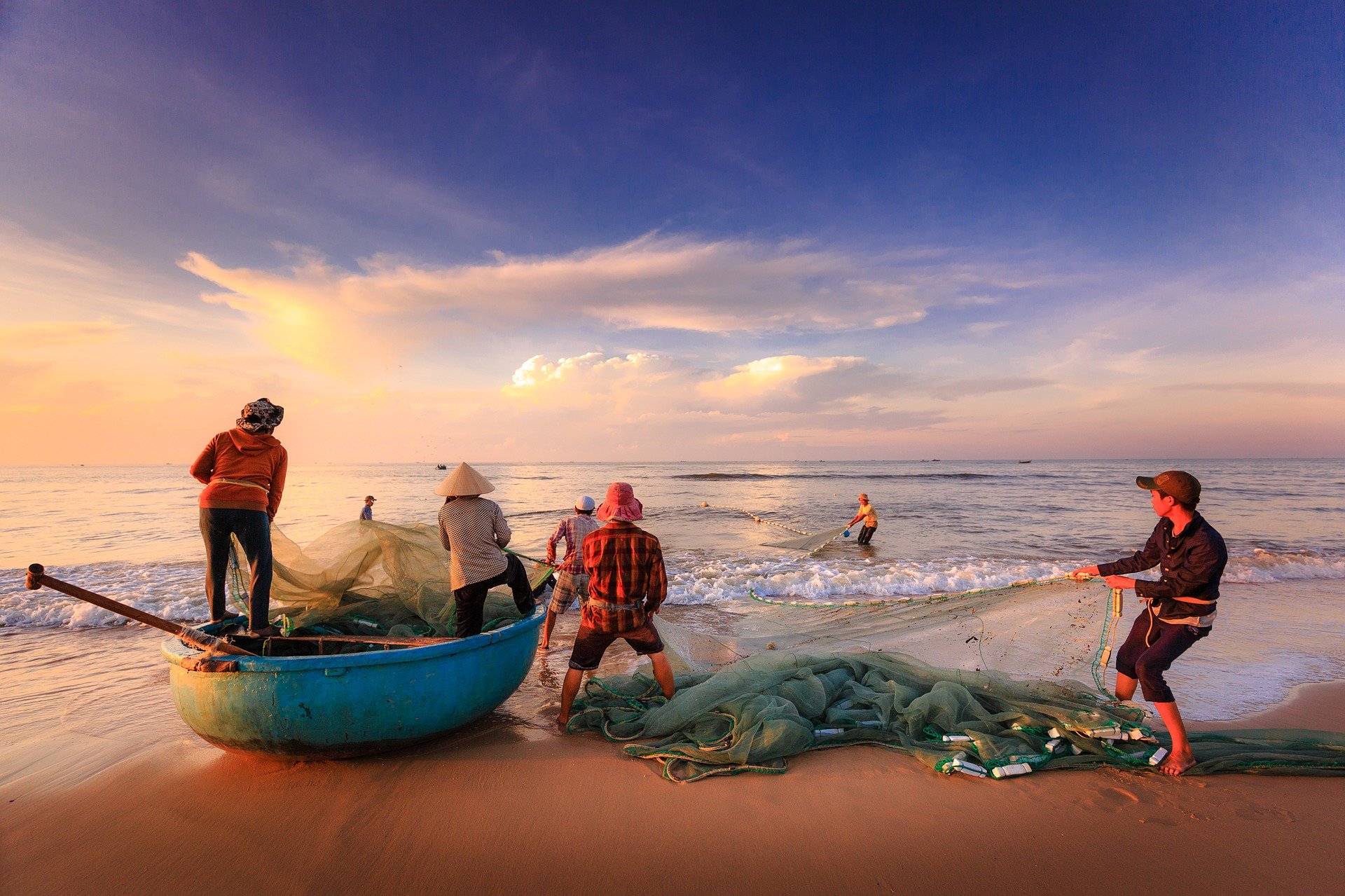
The Role of Small-Scale Fisheries
You may be surprised to learn that small-scale fisheries (often referred to as artisanal fisheries) are responsible for nearly half of global seafood catches. The small-scale fisheries sector is incredibly important to global food security, livelihoods, and the well-being of many fisherfolk.
What are small-scale fisheries? These fisheries are often located in developing countries, although not always: the Ocean Wise recommended, hand-harvested geoduck is one example of a Canadian small-scale fishery. Small-scale fisheries may be defined numerous ways. One common definition includes fishers who operate without boats, or on boats less than 15 meters in length; these fishers may not be able to fish far from shore, and may use less-energy intensive gear types. Additionally, these fishers are often able to target different species depending on their availability. While many have an image of small-scale fisheries as archaic, they are in fact a dynamic sector which have adapted to the social and ecological conditions they operate within. Women play an important role in the sector, especially in post-harvest work, such as processing of seafood. Small-scale fisheries are estimated to employ 90% of fisheries workers.
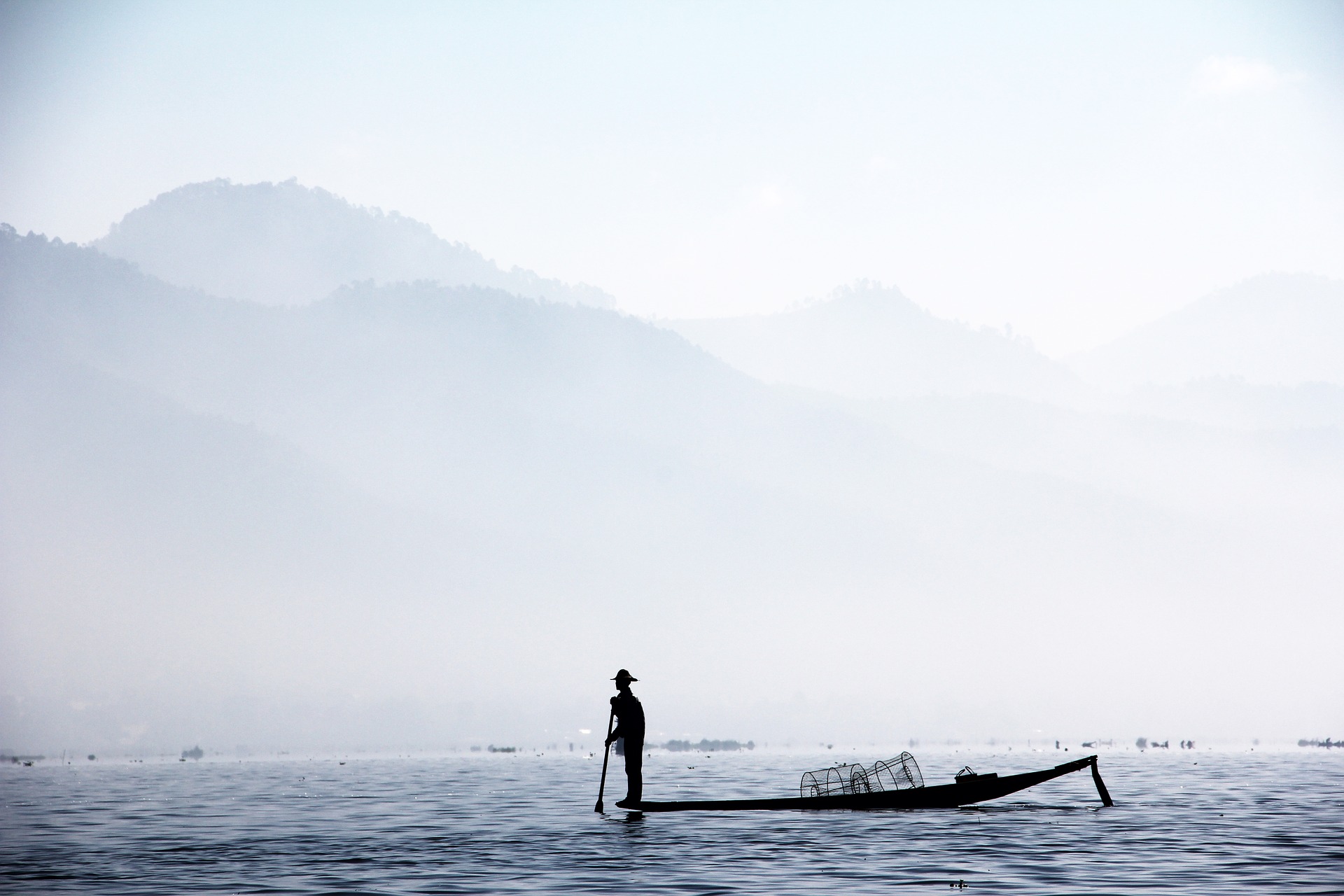
In addition to their critical role in global food security and livelihoods, small-scale fisheries are also socially and culturally important in many regions across the world. This value manifests in different ways, such as the uses of catches in traditional ceremonies or important meals, or in local governance. Many traditional small-scale fisheries self-govern in a manner that protects local resources; examples may include limits on who can fish, closed seasons for fishing, or bans on certain types of gear. These regulations are enforced by the community and socio-cultural expectations, rather than by external personnel. Not only is fishing culturally important and embedded in management practices of many communities, but fishing also forms a key component of the identity of many fishing peoples. Fishing often has great value beyond economics alone; for many, fishing is a way of life.
Research also suggests that some small-scale fisheries may be more sustainable than their industrial counterparts. Small-scale fisheries are estimated to use only 11% of the total fuel for catching fish, although they catch nearly half of fish globally. Industrial fisheries use the remaining 89%. This statistic, alongside other studies, indicates that small-scale fisheries may have a smaller carbon footprint than industrial fisheries. Additionally, almost all the fish caught in small-scale fisheries are destined for dinner plates, whereas 25% of industrial fish catches are reduced to fish meal and animal feed. Finally, small-scale fisheries often use gear types which may have a smaller impact on the environment and habitat, and may discard less fish than industrial fisheries. Small-scale fisheries tend to be under-studied, so it can be difficult to estimate the scope of their impacts or compare them to industrial fisheries. However, the extensive, place-based knowledge many local fishers hold provides an opportunity, already utilized in some places, to deepen our knowledge of small-scale fisheries.
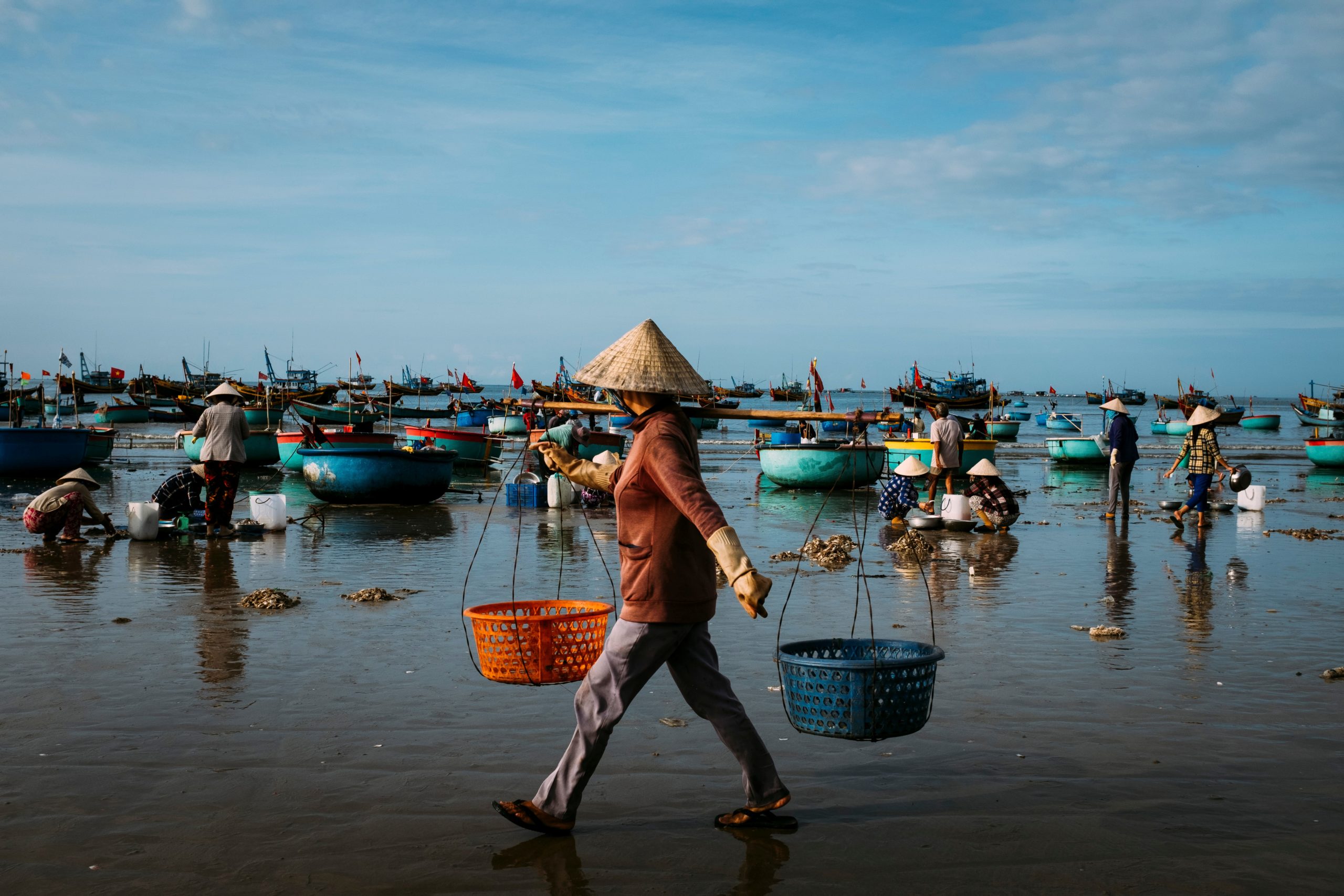
Despite their enormous contributions, small-scale fisheries are often overlooked or ignored, especially in government policy and regulations. Small-scale fishers face numerous challenges, ranging from environmental aspects such as the impacts of climate change on coastlines and fish populations to political, economic and social marginalization. Small-scale fisheries are gaining recognition; in 2014, UN Food and Agriculture Organization (FAO) released the Voluntary Guidelines for Securing Sustainable Small-Scale Fisheries, which provide nations with guidance on managing and supporting small-scale fisheries, with an emphasis on safeguarding the rights of fishers and fishworkers. Many countries are now working to implement these guidelines within the contexts of their own nations. However, there is significant work ahead to ensure this sector is adequately supported and considered and that human rights are guaranteed for the workers whose livelihoods depend upon these fisheries. Change will require NGOs, governments, and industry partners to collaborate with fishers to develop inclusive and innovative approaches. The security of fisheries cannot be established without also establishing secure and stable conditions for the people who fish them; at the same time, ensuring sustainable fisheries is critical to millions of lives across the world.
Written by Quinn Anderson, Ocean Wise Seafood Program Assistant, Western Canada
Sources:
Bravo-Olivas, Myrna L. and Rosa M. Chavez-Dagostino. “Sustainable Fishing? Ecological Footprint Analysis of an Artisanal Fishing Organization.†The Open Environmental Research Journal vol. 13 (2020). 1-10.
Food and Agriculture Organization. “Voluntary Guidelines for Securing Sustainable Small-Scale Fisheries.†Rome: Food and Agriculture Organization, 2015. Accessed July 24, 2020. http://www.fao.org/3/i4356en/I4356EN.pdf 
Food and Agriculture Organization. “State of World Fisheries and Aquaculture 2020: Sustainability in Action.†Rome: Food and Agriculture Organization, 2020. Accessed August 25th, 2020. http://www.fao.org/publications/sofia/2020/en/
Guyader, O., P. Berthou, C. Kotsikopoulos, F. Alban, S. Demaneche, M.B. Gaspar, R. Eschebaum, E. Fahy, O. Tully, L. Reynal, O. Curtil, K. Franganoudes, and F. Maynou. “Small scale fisheries in Europe: A comparative analysis based on a selection of case studies.†Fisheries Research vol. 140 (2013). 1-13.
Jacquet, Jennifer and Daniel Pauly. “Funding Priorities: Big Barriers to Small-Scale Fisheries.†Conservation and Policy vol. 22 no.4 (2008). 832-835.
Kittinger, John N., Elena M. Finkbeiner, Natalie C. Ban, Kenneth Broad, Mark H. Carr, Joshua E. Cinner, Stefan Gelcich, Myriah L. Cornwell, J. Zachary Koehn, Xavier Basurto, Rod Fujita, Margaret R. Caldwell and Larry B. Crowder. “Emerging frontiers in social-ecological systems research for sustainability of small-scale fisheries.†Current Opinion in Environmental Sustainability vol. 5 no. 3-4 (2013). 352-357.
Kittinger, John N., et al. “Committing to Socially Responsible Seafood:†Science, vol. 356, no. 6341 (2017). 912–913.https://www.researchgate.net/publication/317569659_Committing_to_socially_responsible_seafood
Pauly, Daniel. “Major Trends in Small-Scale Marine Fisheries, with Emphasis on Developing Countries, and Some Implications for the Social Sciences.†MAST vol. 4 no.2 (2006). 7-22.
Pauly, Daniel. “A vision for marine fisheries in a global blue economy.†Marine Policy vol. 87 (2018). 371-374. https://doi.org/10.1016/j.marpol.2017.11.010
Teh, Lydia C L, and U R Sumaila. “Contribution of Marine Fisheries to Worldwide Employment.†Fish and Fisheries vol.14 no. 1 (2011). 77–88. https://doi.org/10.1111/j.1467-2979.2011.00450.x.
Too Big To Ignore. “Blue Justice for Small-Scale Fisheries.â€Â Too Big To Ignore. http://toobigtoignore.net/blue-justice-for-ssf/ (accessed July 25, 2020).Â
Photo Credits
Cover Photo Credit: Quang Nyugen-Vinh
Photo 1 Credit: Peggy und Marco Lachmann-Anke
Photo 2 Credit: Fabian Larsara
Posted September 10, 2020 by Ocean Wise

